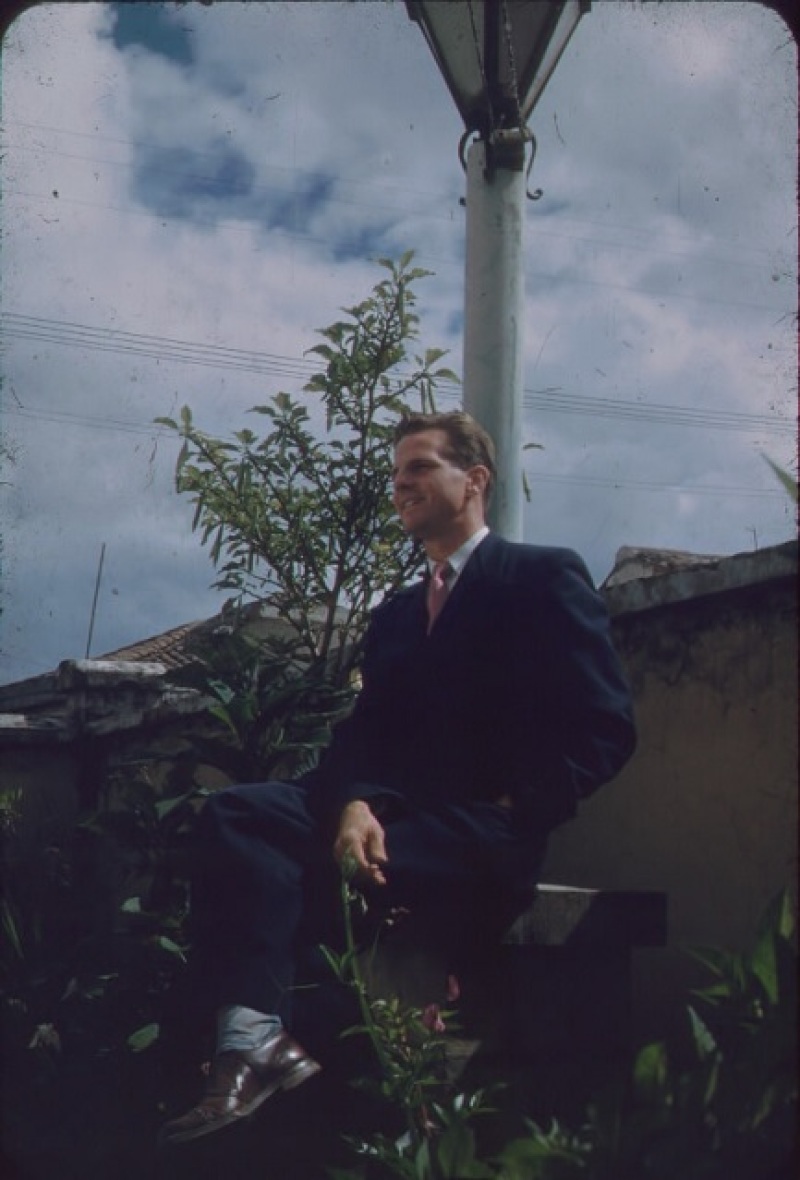
Due to a word deemed offensive to some people, a school in Illinois will replace the plaque honoring a couple of its alumni who were missionaries killed in South America.
Wheaton College moved to replace the plaque dedicated to Jim Elliot and Ed McCully, who were speared to deaths by the Aucas in Ecuador during a missionary trip.
"For generations all strangers were killed by these savage Indians. After many days of patient preparation and devout prayer, the missionaries made the first friendly contact known to history with the Aucas," the plaque reads.
In an email, President Philip Ryken said that the word "savage" used in the plaque appeared offensive and thus, has to be reworded, The Spectator reported.
"Recently, students, faculty, and staff have expressed concern about language on the plaque that is now recognized as offensive. Specifically, the word 'savage' is regarded as pejorative and has been used historically to dehumanize and mistreat indigenous peoples around the world," Ryken wrote.
The college president continued by saying that the school will appoint a task force to review the wording.
"Any descriptions on our campus of people or people groups should reflect the full dignity of human beings made in the image of God. With this in mind, the Senior Administrative Cabinet will appoint a task force to review the wording of the plaque and to make a specific recommendation by May 1 for its careful rewording and replacement," he further stated.
The plaque, which was placed at the Edman Chapel, was already removed on Wednesday.
It was given to the college by the classmates of Elliot and McCully 64 years ago.
In January 1956, Elliot and McCully, along with three other missionaries, Roger Youderian, Peter Fleming and Nate Saint, flew to Ecuador in a mission to establish an interaction with the Huaorani people, also called as the Aucas. The tribe is known for its violence both to its own people and outsiders who entered their territory.
In September 1955, the missionary group already initiated a connection by making regular flights in the settlement to drop gifts. After a few months of exchanging gifts, the missionaries went to camp in the "Palm Beach" along the Curaray River and near the settlement, to make a contact with the tribal people. Three days later, two women and a man from the jungle made a friendly contact and even rode in the aircraft.
But on January 8, the Aucas attacked and killed the missionaries. The news of their deaths was broadcast internationally, covered by "Life" magazine. Their heroic act for mission sparked America into funding the evangelism movement worldwide.
After two years, the sister of Saint, Rachel, and Elliot's wife, Elisabeth, along with their daughter, went to evangelize the Aucas for three years. Because of their effort, the tribal people, as well as six of those who killed the missionaries, turned their lives to the Lord Jesus Christ.




























